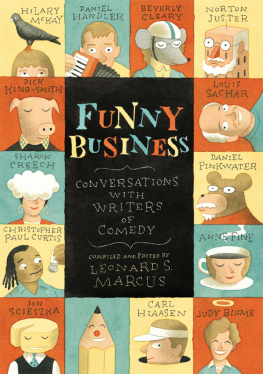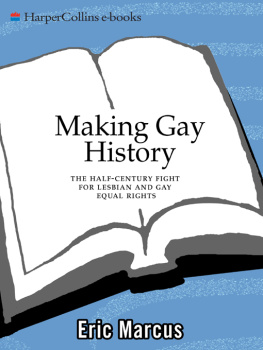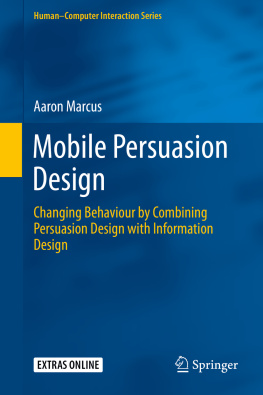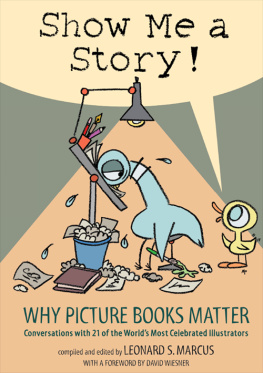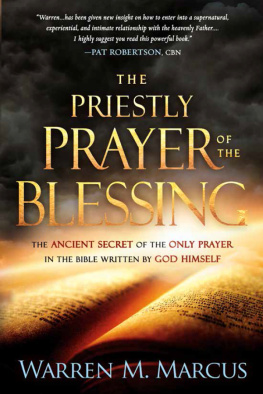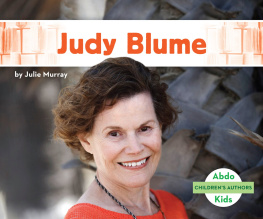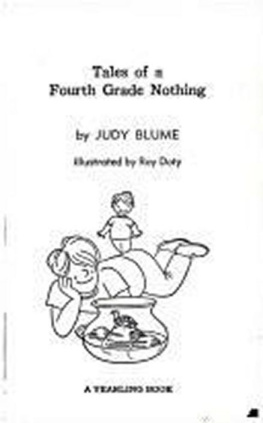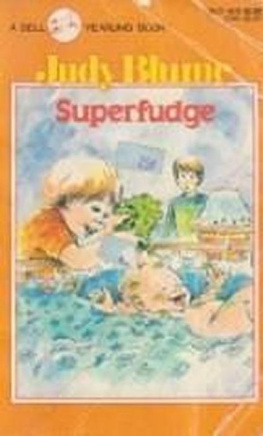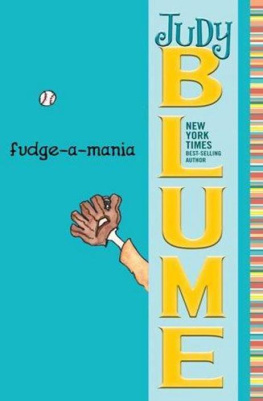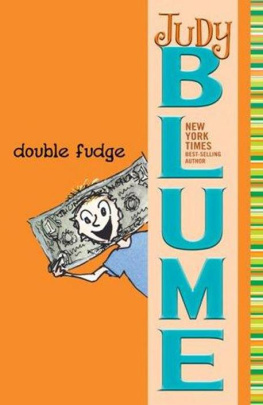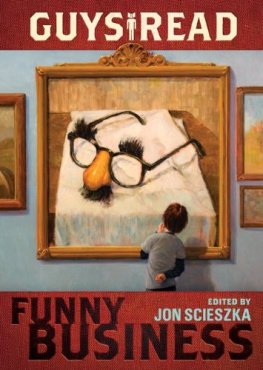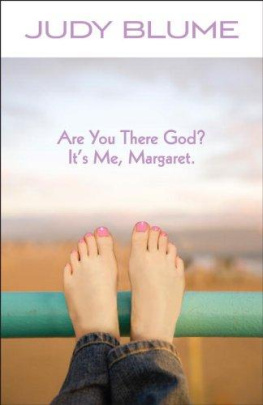
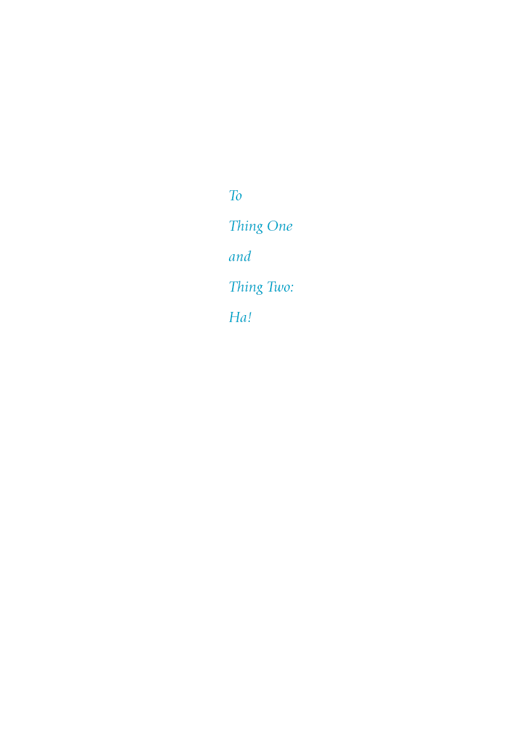

If a word is misspelled in the dictionary, how would we ever know?
Anonymous
Laughter is one of my favorite things. It has been for as long as I can remember. One of the first books I loved when I was growing up was a treasury of Chelm tales folk stories about a village of cockeyed wise men who did everything they set their minds to upside down and backward and never even noticed. Being Jewish, I enjoyed knowing that these ridiculous tales belonged to a very old Jewish tradition of humor. My parents might not always be a barrel of laughs, but my People, I was glad to know, had been making the world a funnier place for centuries.
What makes funny funny? A joke isnt a joke if you need to explain it. Even so, the hidden clockwork of comedy the springs and triggers that, often despite ourselves, make us relax our serious faces and forget for a moment about boring car rides and homework and bullies have long been considered one of the great riddles of life that people (well, some people) have felt challenged to unravel.
The Greek philosopher Aristotle believed we laugh at stories about people we consider beneath ourselves. (Why did the dummy put a fir tree in his living room? He wanted to spruce up the place.)
Humorist Will Rogers theorized, Everything is funny as long as it is happening to somebody else.
Humor can also be a way of talking about things too hard to talk about any other way. As Woody Allen once said, Its not that Im afraid to die. I just dont want to be there when it happens.
The class clown is every teachers worst nightmare and the secret hero of more than a few of the rest of us. Some of the thirteen writers you are about to hear from are themselves ex-classroom pranksters. But others are ex-model students, and most made it through their childhood and teen years at neither extreme. Some were and are outgoing people, and others were and are shy. What all thirteen have in common now is that they share a special talent for writing stories with the power to make us laugh.
E. B. White noted long ago that while the world likes humor,... it decorates its serious artists with laurel, and its wags with brussels sprouts. Comedians, in other words, rarely get their due. I say, Pass the vegetables! Lets listen as these writers whove made it their business to make us laugh tell us how they found their funny bones, their voices, and themselves.
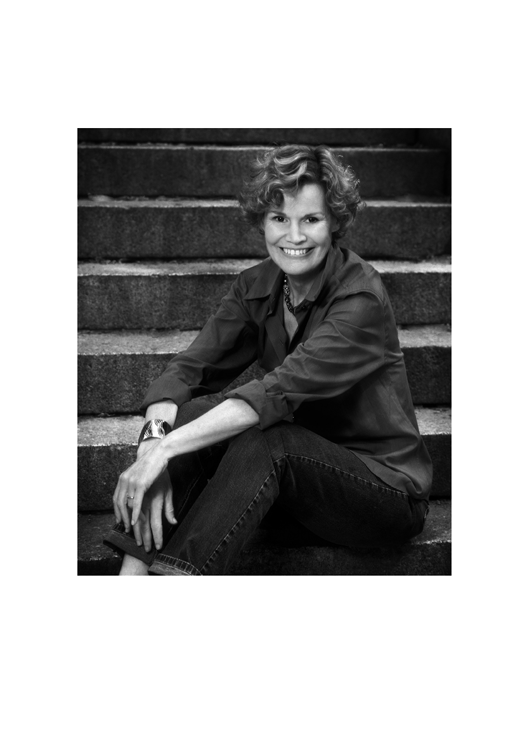

F ew writers for young people have attracted more readers, or more devoted ones, than Judy Blume. Few receive more letters from their fans, many of whom write with deeply personal questions that they trust her, more than their parents or teachers, to answer honestly. Blume first won her readers trust when, as a young mother with two small children at home, she began to write stories about some of the mysteries of growing up that had puzzled and fascinated her and her friends when they were girls and that none of the books they read then ever addressed. Divorce, money, a young persons natural curiosity about sex, and the anger that siblings sometimes feel for one another were some of the unmentionable subjects that, in time, Blume not only mentioned but fearlessly explored. It seemed absurd to her that adults had ever been afraid to write about such things for children and teens. Once she began to do so herself, Blume got another, more close-up view of that same fear when some schools and libraries around the country tried to ban her books for the sake of protecting their children. There is, in fact, a great deal about growing up that strikes Blume as absurd. As readers we get to laugh along with her and feel passionately for her young characters as they muddle through the unlit areas of their lives, often with little more to go on than what twelve-year-old Peter in Double Fudge calls stuff you know, and you dont even know how you know it.
Leonard S. Marcus: What kind of child were you?
Judy Blume: I started out very shy and quiet. I can remember hiding behind my mother having one arm around her leg and standing behind her for protection. I think I came out of my shell during the two years we lived in Miami, maybe in the fourth grade. My father, who was a dentist, was an extremely outgoing man and a great teller of jokes. He was always the emcee at his dental association meetings. My mother was just the opposite. So I seem to have started out like my mother and wound up more like my father. Its all very mysterious how it happens. So is humor!
Q: Did you want to be an entertainer?
A: Oh, yes! As a little kid, I always wanted to be onstage. I wanted to be a movie star. I was funny, and I liked being funny. During the two Sally Freedman years, when we were living in Miami, I remember getting all the kids in the apartment house together to do a production a show for the parents who lived there. I made all the posters and playbills, which said, Starring Judy Sussman, with... just the way they did it in the movies. In fifth grade, I did another big production, this time at school. I starred, I dressed everybody, and we even had a little band. I liked producing. I had a school chum, who is still my best friend. In high school, the two of us thought we were so witty, so full of what we were then allowed to call gay repartee.
Q: Did you enjoy writing then?
A: We had so little creative writing in the Elizabeth, New Jersey, public schools that I attended. I dont think we were ever asked to write a story, which is sad. On the other hand, I didnt have anyone pulling apart my writing, either. In high school I wrote for the newspaper.
I really started to write as a student in an extension course at NYU. I had graduated from NYU a few years earlier and had received a brochure about the course in the mail. By then I was married, had two small children, and was living in New Jersey. We were a very small group. I loved the experience, and I loved our teacher, even though she had a lot of rules for us about the things you werent supposed to write about in a childrens book. I wrote Iggies House in that class. When the course ended, I signed up for it again.
Q: So your idea about writing was always to write for young people?
A: I never thought about anything else. I was maybe twenty-six years old, but I still saw the world through the eyes of a child. My life experiences at the time werent anything compared to my childhood experiences and thoughts and feelings.
Q: Once you began to write, what future did you imagine for yourself? What was your dream?
A: It was a pretty basic dream: Oh, please, please, please someday let me be published! Like Margaret, what I really thought was,

